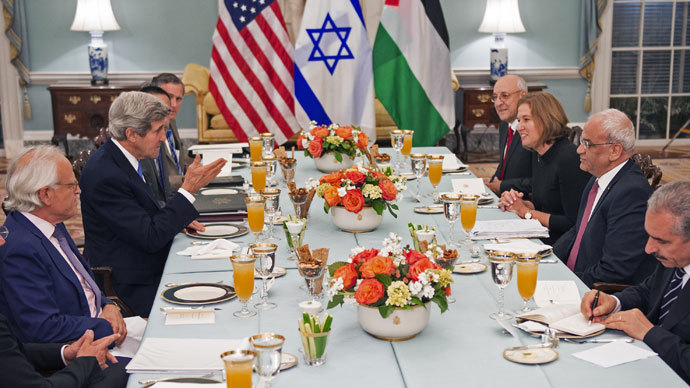China's Rare Earth: How Dare the US, Japan and Europe Forcibly Buy In
As the owner of rare earth, China has an unalterable right to call the shots; this includes how much is mined, the method adopted, the amount exported and how it’s priced. The ruling, however, says “No,” and that China should listen to the U.S., Japan and Europe. Such actions remind one of a market bully who “dominates the market and forces trade.” It makes for a good laugh that they still stoop to these tricks in this day and time.
It goes without saying that for a while, some of China’s rare earth enterprises have swarmed to mining, resulting in disorderly competitions of low prices in the global market — “piling it high and selling it cheap.” China was cheated while other countries took advantage. Anyone with a sense of right and wrong can tell that this is abnormal and unreasonable. China’s current approach is to merely turn the situation around — from abnormal to normal, from unreasonable to reasonable. It was never China’s intent to monopolize rare earth trade and neither does she plan to hoard. China simply does not want other countries to interminably take advantage at her cost, which certainly does not violate justice.
It also must be recognized that China provides 95 percent of the world’s rare earth production, even though China only accounts for 23 percent of global reserves. It is unethical to expect China to maintain such self-exploiting mining conditions. The WTO should be telling related countries that if they want to use rare earth, then they should go search elsewhere instead of fixating on China, since many countries have rare earth. The U.S., for instance, has bountiful rare earth resources, but out of selfish considerations leaves its own put and instead consumes that of others.
China should declare the following to the WTO: One, the U.N. advocates for countries’ sustainable development. All other agreements, statutes and rules should obey and comply with this major principle, or otherwise be amended and improved, for China’s plans of economic development, rational utilization of resources and attending to needs of future generations have all followed the U.N.’s sustainable development concept.
Two, environmental protection is the common task and subject of all mankind. China currently faces serious challenges from environmental pollution and undertakes a daunting task of pollution control. As one of the world’s most influential economic and trade organizations, the WTO should support China’s take on pollution control and environmental protection, including applying certain preferential policies and measures, for this concerns the well-being of 1.3 billion Chinese and that of the rest of the world.

